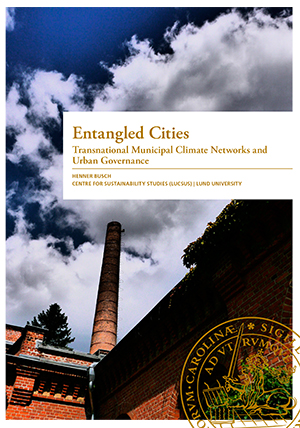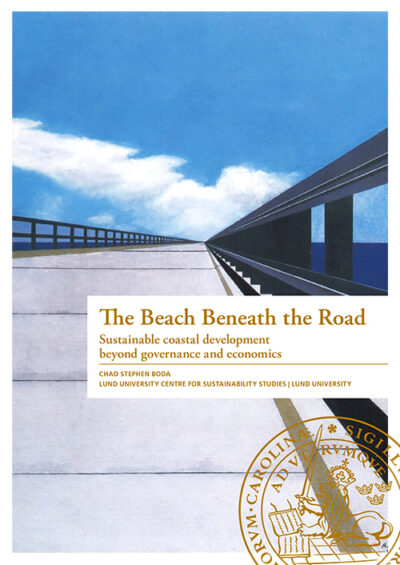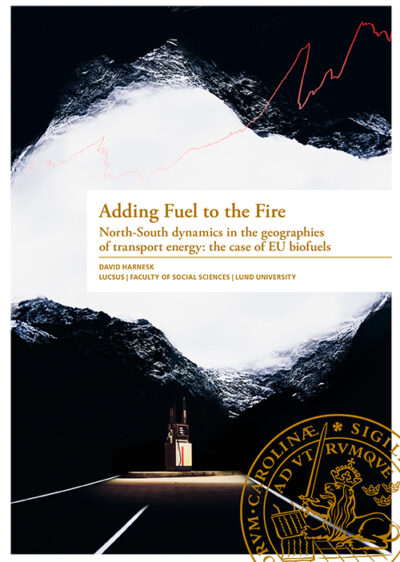Fertile grounds?
Collective strategies and the political ecology of soil management in Uganda
Elina Andersson
198 kr
Beskrivning
This thesis proceeds from the problem of soil degradation, which is a key factor contributing to rural poverty and food insecurity in sub-Saharan Africa. Taking a political ecology perspective and drawing on empirically grounded research involving smallholder farmers in south-eastern Uganda, this thesis explores local experiences and perceptions of environmental change, as well as strategies that farmers employ to cope with and shape change in relation to land degradation.
The focus is on various collective strategies mediated by farmer groups in response to increasingly difficult livelihood conditions. In an attempt to co-produce knowledge with a transformative potential, the thesis also illustrates how action research can be employed to envision, implement and evaluate a locally anchored practice to improve soil fertility, namely the use of human urine as a crop fertilizer. By exploring the ‘everydayness’ of soils, the thesis engages critically with dominant narratives on land degradation and provides insights on solutions-oriented research in support of sustainability.
Ytterligare information
| Vikt | 437 g |
|---|---|
| Storlek | 12 × 169 × 239 mm |
| Språk | Engelska |
| Antal sidor | 196 |
| Publikationsår | 2016 |
| Bandtyp | Häftad |
| ISBN | 978-91-979832-7-3 |





